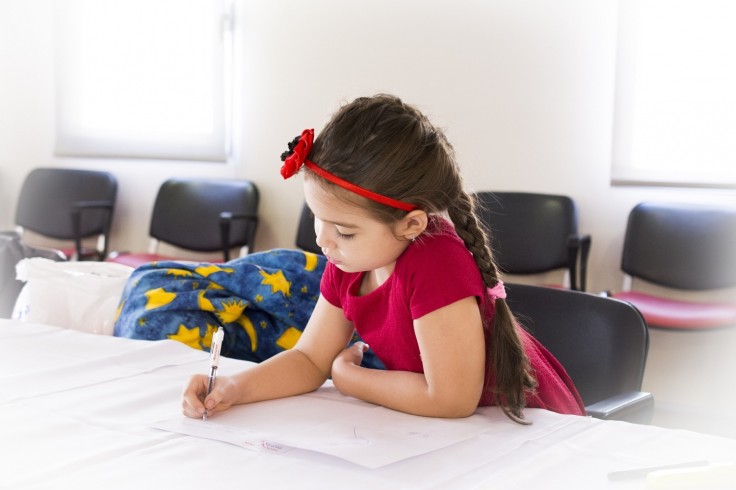
Previous findings from the National Assessment of Educational Progress add to the mounting evidence that the transition to virtual and remote learning in the early stages of the coronavirus pandemic established gaps in learning that had a lasting impact on K-12 students, particularly in the United States. Such findings are reflected in the sentiments of many K-12 parents.
61 percent of the parent says that the first year of the pandemic had shown a negative effect on their kid's education. 7 percent determined that the transition had a positive effect while 28 percent claimed it had neither a positive nor negative effect. Among parents who claimed that the pandemic harmed their kid's education, approximately 44 percent say this is still the case today whereas 56 percent state that the impact was only temporary, according to the new Pew Research Center survey of U.S. parents.
The early stages of the pandemic also displayed emotional challenges for both kids and teens. Approximately half of the parents or 48 percent claimed that the first year of Covid-19 had a negative impact on their kid's emotional well-being, 7 percent, the other hand, say it had a positive impact and lastly, 39 percent claimed that the impact was neither negative nor positive.
Many parents believe closing classrooms have lingering effects
Among parents who stated that there was a negative effect in the first year, 74 percent say their kid's emotional well-being has gotten better while 8 percent claimed it's gotten worse. 18 percent, on the other hand, determined that things have stayed about the same.
The first year of the pandemic took a toll on almost everyone and the effect still lingers two years later. While young ones were less prone to severe infections from the spreading virus, widespread and prolonged school closures mean they are vending with long-term consequences to their academic progress as well as their emotional well-being.
Basically, the data shows that both remote and hybrid learning was enormously bust, especially in the first year of the Covid-19 pandemic, reaching the anecdotal evidence from parents and teachers; However, Kim Parker, director of social trends research at Pew Research Center says that the survey determined that higher-income parents are more likely to claim the first year of the pandemic had a negative effect, while it's also true that early assessments of learning loss revealed that young ones from lower-income households, including lower-income school districts, were harder hit.
U.S. parents say pandemic harms kid's mental health
29 percent of U.S. parents say that their child is already experiencing harm to their mental health due to social distancing and closures. While 14 percent state that their kids are approaching their limits noting that they could pursue social distancing learning for a few more weeks until their emotional well-being or mental health suffers.
These are the results according to interviews with more than 1,200 parents of kids in grades kindergarten through 12 whose school or institution is closed to in-person instruction; 45 U.S. parents stated that their kid's emotional and mental health is already suffering while 14 percent of parents claimed that their child being separated from both classmates and teachers is not a challenge, however, 8 percent says that their child's emotional and mental health currently experiences the harm from the said transition, per Gallup.
Related Article : New Rule Approved by SBOE Requires Schools to Notify Parents if Bathroom Is Not Separated by Biological Sex